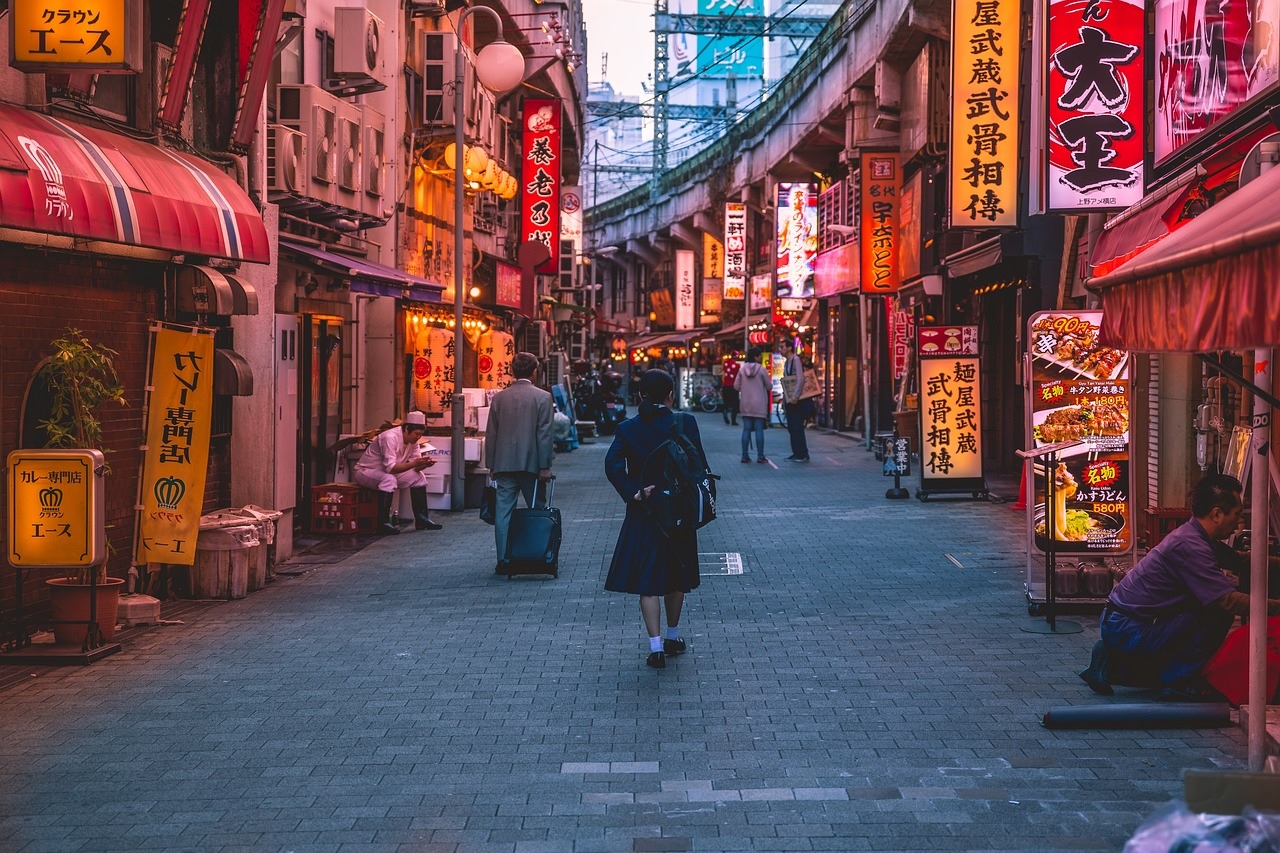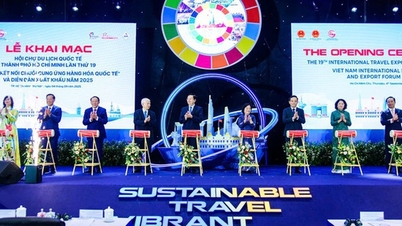(CLO) Japan's work culture is associated with images of long working hours and self-sacrifice, but the country's young generation of workers is gradually shifting to prioritizing work-life balance, raising hopes of reducing karoshi - death from overwork.
According to research by analyst Takashi Sakamoto from the Recruit Works Institute, annual working hours in Japan have fallen significantly, from 1,839 hours in 2000 to 1,626 hours in 2022, putting Japan on par with many European countries.
The most dramatic change was seen among men in their 20s, where average weekly work hours fell from 46.4 hours in 2000 to 38.1 hours in 2023.

Illustration: Pixabay
Professor Makoto Watanabe at Hokkaido Bunkyo University commented that the younger generation no longer wants to sacrifice themselves for work like their parents did.
Unlike previous generations, who viewed working long hours as a way to achieve economic stability and job security, today's young Japanese reject harsh working conditions and prioritize stability and comfort in their daily lives.
Japan’s labor shortage gives the younger generation significant leverage. Companies now have to compete for talent, even approaching students before they graduate to secure jobs. This allows young workers to easily leave their jobs when they feel exploited or undervalued.
“Young people know that they can quickly find new jobs thanks to the shortage of qualified personnel,” said Mr. Watanabe.
Not only that, but wages for young workers have risen 25% since 2000 despite working fewer hours, according to Sakamoto’s report. And the number of companies requiring unpaid overtime—a long-standing problem—has also dropped significantly.
Sociologist Izumi Tsuji at Tokyo’s Chuo University says stability, not ambition, is the main goal of young Japanese workers. They want a simpler, more comfortable life rather than chasing big dreams.
However, this change is not warmly welcomed by the older generation of workers. Managers in their 50s and 60s often find it difficult to adapt to the new working attitudes of their younger colleagues.
The change could be a boon as Japan continues to grapple with a karoshi crisis. According to a government report, 2,968 people committed suicide in 2022 due to overwork. Many experts hope that the shift in work culture among younger generations will help alleviate the pressure of work and its serious consequences.
“Karoshi has been a serious problem for many years,” said Mr Tsuji. “If young people work fewer hours and lead more balanced and happier lives, we can hope that the number will decrease in the near future.”
Hoai Phuong (according to SCMP, Weforum)
Source: https://www.congluan.vn/gioi-tre-nhat-ban-dang-dan-tranh-xa-van-hoa-lam-viec-qua-suc-post329503.html



![[Photo] Prime Minister Pham Minh Chinh attends the World Congress of the International Federation of Freight Forwarders and Transport Associations - FIATA](https://vphoto.vietnam.vn/thumb/1200x675/vietnam/resource/IMAGE/2025/10/08/1759936077106_dsc-0434-jpg.webp)
![[Photo] Prime Minister Pham Minh Chinh inspects and directs the work of overcoming the consequences of floods after the storm in Thai Nguyen](https://vphoto.vietnam.vn/thumb/1200x675/vietnam/resource/IMAGE/2025/10/08/1759930075451_dsc-9441-jpg.webp)




































![[Photo] Closing of the 13th Conference of the 13th Party Central Committee](https://vphoto.vietnam.vn/thumb/1200x675/vietnam/resource/IMAGE/2025/10/08/1759893763535_ndo_br_a3-bnd-2504-jpg.webp)































































Comment (0)